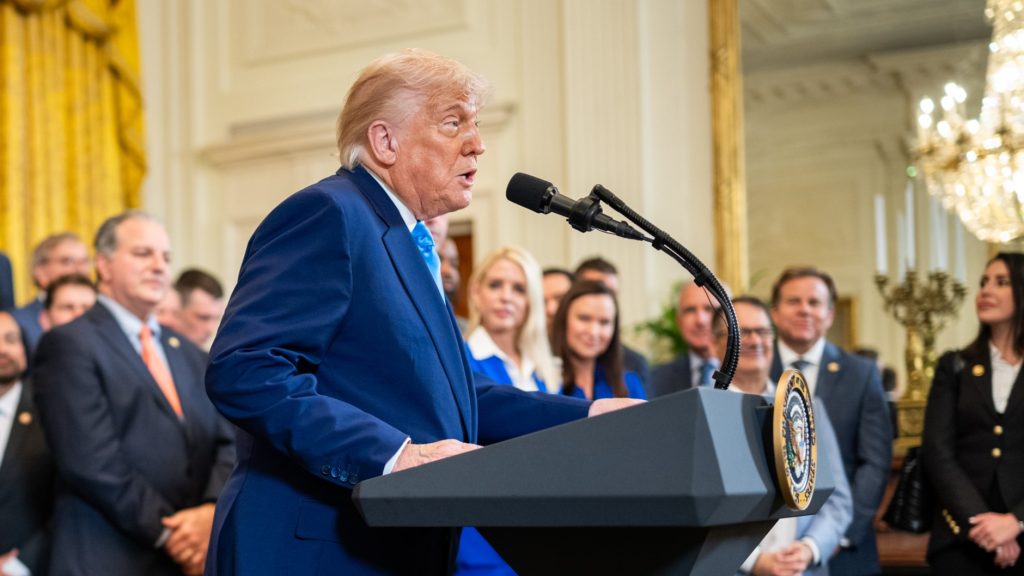Emil Bove has played a key role in implementing Trump’s hardline immigration policies and overseeing Justice Department purges.
Others are reading now
As the 2024 election cycle intensifies, Donald Trump is moving to reshape the federal judiciary with loyalists.
On Wednesday, he announced the nomination of his former criminal defense lawyer and current acting deputy attorney general, Emil Bove, to a lifetime seat on the U.S. Court of Appeals for the Third Circuit.
The court, based in Philadelphia, holds jurisdiction over Pennsylvania, New Jersey, and Delaware. Bove’s nomination is pending Senate confirmation.
It’s my great honor to nominate Emil Bove to serve on the U.S. Court of Appeals for the Third Circuit,” Trump wrote on Truth Social, calling Bove someone who “never fails you” and promising he would “end the weaponization of justice, restore the rule of law, and do whatever it takes to make America great again.
Also read
A polarizing figure in Trump’s Justice Department
Bove’s rise within the Department of Justice has not gone unnoticed. He was widely seen as the architect behind the controversial dismissal of corruption charges against New York Mayor Eric Adams—a decision that led to the resignation of multiple career prosecutors.
The move also sparked accusations of political favoritism, as Adams subsequently assisted in coordinating local efforts with federal immigration enforcement.
Bove has also been instrumental in Trump’s second-term immigration crackdown. Under his supervision, the DOJ supported aggressive tactics, including retaliation against officials who had investigated the January 6 Capitol attack.
A nomination with consequences
The nomination comes at a time when Trump is doubling down on efforts to cement ideological control over key institutions. The Third Circuit plays a critical role in shaping federal jurisprudence, often hearing cases that challenge executive power.
Trump’s decision to nominate Bove adds a loyalist with direct involvement in politically charged DOJ actions to a bench that could be pivotal in the years ahead, particularly if future legal challenges emerge from ongoing or returning policies.
As reported by 20 Minutos, the announcement is already generating intense debate among legal analysts, who warn it could accelerate the politicization of the federal judiciary.


